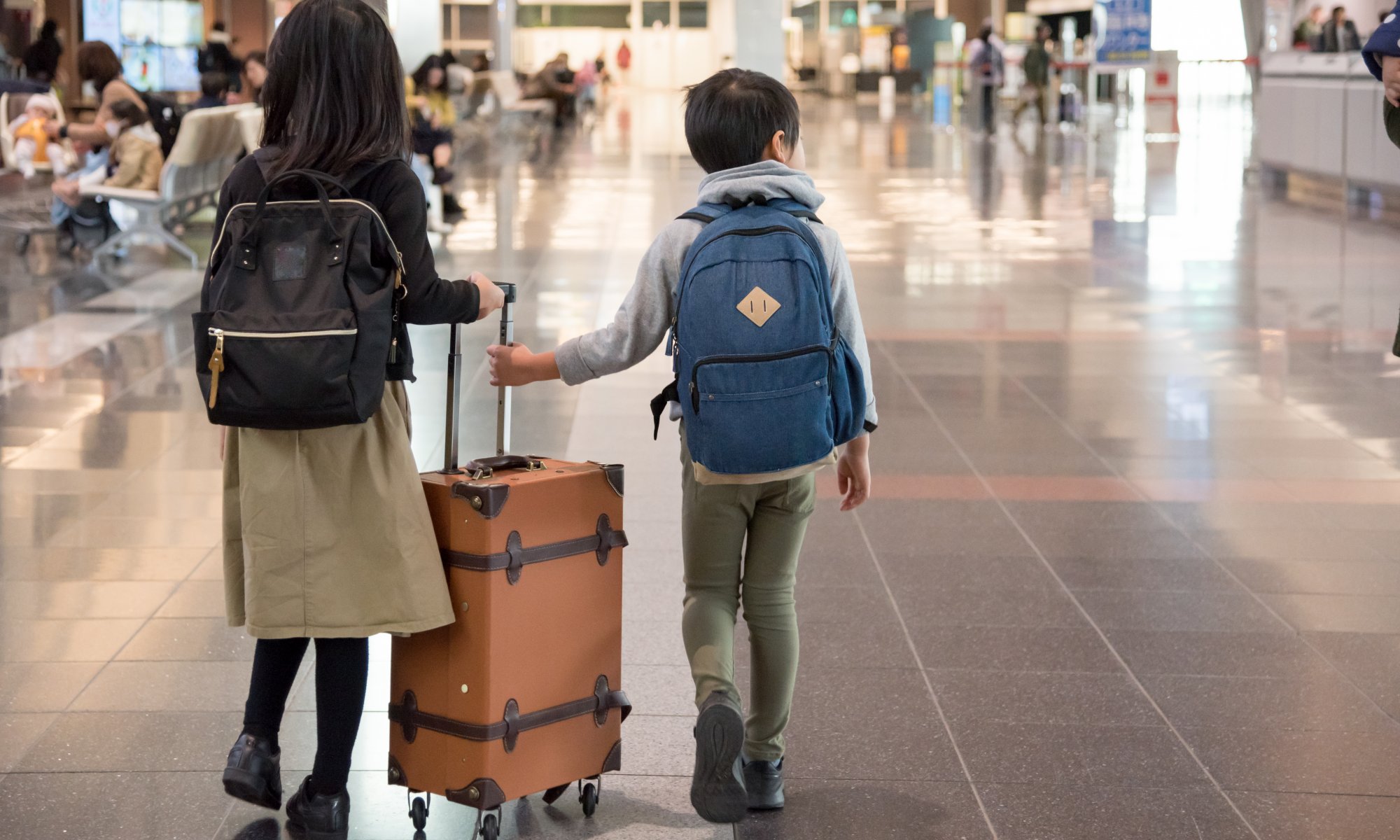After parents separate one of them may wish to relocate with their children to another country, for example because they have close connections with the other country, or because they have obtained employment in that country.
In such a situation the parent wishing to relocate will either have to obtain the agreement of the other parent, or the permission of the court.
Obviously, relocation can have serious implications for the children, and their relationship with the parent ‘left behind’.
In deciding whether to grant permission the court will be guided primarily by the welfare of the children. In other words, the court will decide whether the children’s welfare will be best served by them remaining in this country, or by them moving to live in the other country.
When making this decision the court will take into account such factors as the ascertainable wishes of the children, the children’s needs, the likely effect upon them of the move, and any harm that they are at risk of suffering, either by remaining here or by moving.
There are also other factors that the court should bear in mind, such as whether the plans of the parent making the application are genuine and realistic, and the effect upon that parent of refusing the application. However, such factors will always be secondary to the welfare of the children.
The way that all of this works was demonstrated by a recent case in the Family Court at West London.
In the case the mother wished to relocate with the children to another country. The country was not identified in the judgment of the case, only referred to as ‘country X’.
The father is British and the mother is a national of country X.
The mother wished to relocate because of the unsustainability of her living arrangements in this country, and the benefit of the children being able to relocate with her to country X, such as having free tertiary education there.
The children were bilingual and were familiar with country X, having spent significant time there.
Since separating the mother had been dependent on the support of friends, and could not afford to rehouse herself and the children in private accommodation. She and the children would live with her mother in country X.
She also felt that her employment prospects here were not good, but was optimistic that she could obtain employment in country X.
In any event the mother also claimed that the family had been planning to relocate to country X by about 2024.
The father opposed the application.
After considering the matters referred to above the judge decided that the welfare of the children would be best served by them relocating with the mother to country X.
The judge found that meeting the children’s needs would suffer if permission was refused and the mother compelled to continue to raise the children in this country. Refusing permission would likely negatively impact on the children and on the separated parental relationship.
In contrast the judge found it much easier to visualise the welfare needs of the children being met in a consistent and predictable manner whilst in X, whilst at the same time enjoying extensive and valuable time with their father.
Accordingly, the judge granted the mother permission to relocate. He also made orders with regard to the children’s contact with their father following the relocation.
You can read the full judgment here.
* * *
Family Law Cafe expedites your case and keeps you informed and in control 24/7 using our secure online portal. Family Law Cafe is your start-point for getting matters sorted with strategy, support and security.
Image: T.TATSU / Shutterstock.com

